Subtotal: ৳ 50.00
Carben C | Effervescent | Tablet | 10 pcs
৳ 100.00
Brand Name: Carben C Effervescent Tablet
Generic: Calcium Lactate Gluconate + Calcium Carbonate + Vitamin C
1000 mg+327 mg+500 mg
Manufacturer: Benham Pharmaceuticals Ltd.
Unit Price: ৳ 10.00 (10’s pack: ৳ 100.00)
Indications
- Increased demand for Calcium and Vitamin-C, e.g. pregnancy, lactation, periods of rapid growth (childhood, adolescence), in old age
- During infectious disease and convalescence
- Treatment of calcium and vitamin-C deficiency
- Osteoporosis
- Premenstrual syndrome
- Postmenopausal problems
- Adjuvant in colds and influenza.
Pharmacology
Vitamin-C is an essential component of the diet as man can not synthesize vitamin-C. It is a very powerful reducing agent. Vitamin-C plays an important part in the response of the body to stress. It is important in the defense against infection.
Dosage & Administration
Children 3 to 7 years: ½ effervescent tablet daily
Infants: As prescribed by the physician
Dissolve one tablet in half glass (100 ml) of water.
Interaction
Calcium Carbonate: Co-administration with thiazide diuretics or vit D may lead to milk-alkali syndrome and hypercalcaemia. Decreased absorption with corticosteroids. Decreases absorption of tetracyclines, atenolol, iron, quinolones, alendronate, Na fluoride, Zn and calcium-channel blockers. Enhances cardiac effects of digitalis glycosides and may precipitate digitalis intoxication.
Vitamin C: Deferroxamine, hormonal contraceptives, flufenazine, warfarin, elemental iron, salicylates, warfarin, fluphenazine, disulfiram, mexiletine, vitamin B12.
Contraindications
Patients with hyperoxalauria, glucose-6- phosphate dehydrogenase deficiency, or iron overload. Larger doses may lead to gastrointestinal tract upset.
Side Effects
Pregnancy & Lactation
Precautions & Warnings
Since citrate salts have been reported to increase aluminium absorption, this medicine should be used with caution in patients with severely impaired renal function, especially those receiving aluminium-containing preparations. The sugar content should be taken into account by diabetic patients.
Overdose Effects
Therapeutic Class
Storage Conditions
| Generic Name | Calcium Lactate Gluconate + Calcium Carbonate + Vitamin C |
|---|---|
| Tablet | 1000 mg+327 mg+500 mg |
Brand
Benham Pharmaceuticals Ltd.
Only logged in customers who have purchased this product may leave a review.

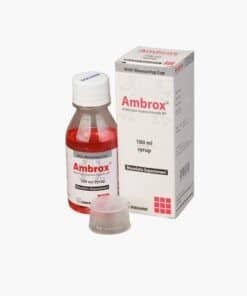

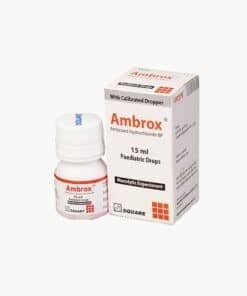
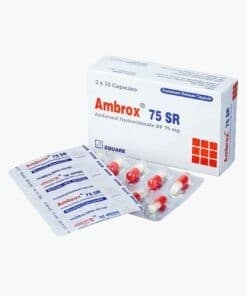
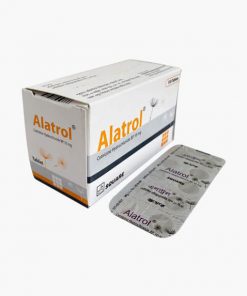
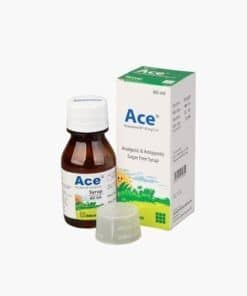
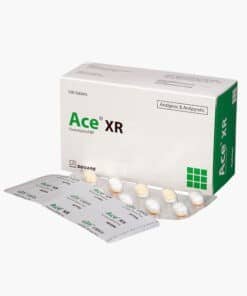
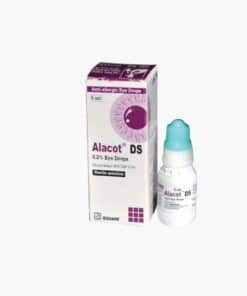
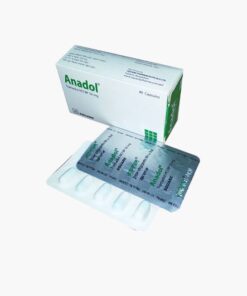
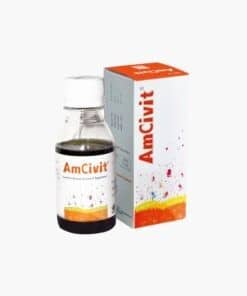
Reviews
There are no reviews yet.